As a writer and an inner alchemist exploring the intricacies of human thought and awareness, I frequently delve into the concept of rational skepticism—which is traditionally defined as the tendency to question and doubt established beliefs and ideas—but which I find to be exactly the opposite.
This inversion of definitions in our world could be a topic for a future article, as it represents an Archonic consequence with nearly immeasurable damaging costs to individual reality. However, in this particular piece, I want to focus on what I believe to be of paramount importance: a way to overcome the zombie human, the NPC. This article delves into tackling the problem of rational/dogmatic overthinking in modern humans—a phenomenon Nietzsche might have termed decadence or the degradation of modern humanity.
In particular, this article tries to use the works of Nietzsche to give a solution to the overthinking of the modern person, the decadence of the modern man. The reason for this article is very important in my opinion—perhaps all-important—because it is, again from the point of inner alchemy, the way in which the whole of humanity will eventually fall if this kind of oppression is allowed to flourish.
I have noticed a number of great articles and ideas about what has come to be known as the NPC (non-playable character), but I have found very little in the way of answers. In other words, there are some great articles and ideas about what NPC’s and the zombie human are, but there are very little answers as to how to overcome this problem. In this article we will tackle this by providing real answers using Nietzsche’s philosophy is a background to help explain.
Defining the NPC
Let us begin by first defining what an NPC is and the risks of this type of human. The term “NPC” or “non-playable character” in this context refers to individuals who seem to lack full self-awareness or independent thought, appearing to operate on a limited set of pre-programmed responses and behaviors. These people seem to make up a significant portion of the population, and it is traditionally believed that they go through life without questioning their surroundings or critically examining their beliefs and actions.
This concept of human NPCs suggests that many people exist in a zombie-like state, unconsciously following societal norms, media narratives, and popular opinions without engaging in deep, independent thought. They may react predictably to stimuli, repeating talking points they’ve heard without fully understanding or analyzing them.
The potential threats posed by a large NPC-like population are numerous and concerning. Primarily, it can lead to a mob mentality where critical thinking is abandoned in favor of groupthink. This hive mind approach can be easily manipulated by those in power, whether they be politicians, corporations, or influential media figures.
One of the most alarming consequences of this phenomenon is the potential for societal decay. As fewer individuals engage in genuine critical thinking and independent analysis, the overall intellectual and cultural growth of civilization may stagnate or regress. This can manifest in various ways, from the decline of educational standards to the erosion of artistic and scientific innovation.
Perhaps most troubling, the existence of a large NPC-like population could explain why certain detrimental governmental organizations or political figures continue to be elected or maintain power despite their negative impact on society. If a significant portion of the electorate lacks the ability or inclination to critically examine policies, track records, and long-term consequences, they may continually support familiar options or those that appeal to base emotions rather than reason.
This cycle of unthinking support can perpetuate systems that work against the best interests of the majority, as the NPC-like masses may be easily swayed by superficial rhetoric, empty promises, or fear-mongering tactics. The lack of widespread critical analysis allows corrupt or incompetent leaders to remain in power, implementing policies that further entrench their position while potentially causing long-term harm to society.
In essence, the concept of human NPCs presents a chilling explanation for many of the seemingly irrational or self-destructive behaviors observed in modern society. This theory proposes that true progress and positive change may be hindered not by active malevolence, but by the passive, unthinking actions of a population that has lost its ability to question, analyze, and think critically about the world around them.
The Inner Alchemist’s Perspective on NPCs and the Decadence of Modern Man
As a writer and practitioner of inner alchemy, I see the concept of NPCs through a different lens than the conventional view. While many attribute the NPC phenomenon to a lack of critical thinking, I posit that it is, paradoxically, an excess of a certain kind of thinking that creates this state of being.
This perspective aligns closely with Nietzsche’s critique of the decadence that befell the Greeks after the Socratic turn. The great Greeks of old, characterized by their bold actions and daring feats, gave way to the post-Socratic Greeks who became entangled in endless contemplation and rationalization.
What I define as the “rational skeptic” is, in essence, the modern incarnation of this post-Socratic decadence. These individuals are not marked by a lack of thought, but rather by an incessant, unrelenting internal monologue. Like the Borg from Star Trek, they are perpetually connected to a collective hive mind, their thoughts a constant stream of data from external sources.
This hive mind represents the prevailing narratives, popular opinions, and socially accepted “truths” of our time. The rational skeptic’s mind is never truly quiet, never truly their own. Instead, it’s a conduit for the collective monologue, regurgitating and recycling ideas without genuine introspection or original thought.
The tragedy and irony of this situation is that these individuals often believe themselves to be critical thinkers: the zombie does not know itself to be a zombie. They pride themselves on their skepticism and rationality. However, their thinking is confined within the parameters set by the collective consciousness. They do not think beyond the monologue fed to them; they merely follow its dictates and commandments with a false sense of independent thought. This is the true definition of what rationality is, what the rational skeptic is. To be rational at any age is to follow the dictates, the supposed highly logical dictates of any era. The most rational of any era are often the NPC, the zombies.
From this perspective, Nietzsche’s critique of the post-Platonic man becomes strikingly relevant to our modern condition. The decadence he observed in his time has only intensified in ours. The modern man, constantly connected to the digital hive mind, has become the eternal thinking man – but it is a thinking devoid of true depth or originality.
This ceaseless mental chatter, this attachment to the Borg collective of societal narratives, is what truly creates the NPC-like state. It’s not a lack of thought that renders people automatons, but rather an excess of pre-programmed, externally sourced thoughts that drown out genuine individual consciousness and intuition.
The Devil is in the Details
While many articles and discussions delve into the concept of NPCs in society, few, if any, truly understand a subtle but critical point: the NPC phenomenon is not the result of a lack of thinking, as is often assumed, but rather an excess of a particular kind of thinking. This misunderstanding has led to an incomplete analysis of what the NPC represents and how this state of being contributes to the challenges facing modern civilization.
Contrary to popular belief, NPCs are not mindless automatons acting purely on instinct or impulse. They are, in fact, the exact opposite of this; they are individuals whose minds are consumed by an endless internal monologue. This constant stream of thought is not their own but rather a reflection of the collective narrative—the dominant ideas, opinions, and beliefs of society at large. Trapped in this mental loop, they process and repeat the information fed to them by this collective hive mind without ever correctly questioning its validity or origin. They believe they are being rational, skeptical, and logical because their thoughts seem coherent on the surface. However, this belief is fundamentally misguided.
From the perspective of inner alchemy, these individuals can be described as “rational skeptics.” This term refers to people who pride themselves on their supposed rationality and critical thinking but are actually operating within a framework of surface-level logic. This superficial reasoning allows them to feel confident in their conclusions while remaining blind to the deeper truths that lie beyond the collective narrative. They mistake this shallow logic for true critical thought and fail to recognize that their internal monologue is not an expression of independent reasoning but a regurgitation of societal programming.
This surface-level logic is dangerous because it creates the illusion of intellectual rigor while reinforcing conformity to the dominant narrative. It provides simple explanations that seem reasonable at first glance but lack depth or nuance. As a result, these individuals often justify and participate in harmful actions or systems without fully understanding their implications. They believe they are making thoughtful decisions when, in reality, they are merely following a script dictated by external forces.
The tragedy lies in their inability to see beyond this mental chatter. True critical thinking—what inner alchemy defines as dispassionate, ruthless, logical awareness—requires breaking free from this endless internal monologue and questioning the very foundations of one’s thoughts and beliefs. It demands going beyond surface-level reasoning to uncover deeper truths that are not dictated by societal norms or collective opinion.
In essence, the NPC is not someone who lacks thought but someone who is overwhelmed by it—a specific kind of thought that traps them in a cycle of shallow reasoning and conformity.
Nietzsche vs. Socrates
By examining Nietzsche’s philosophy, we can see how he suggests overcoming nihilism (rational skepticism) through a holistic approach that balances reason with instinct and affirms life’s inherent value. This exploration reveals how his ideas present a pathway to transcend rational skepticism’s limitations and embrace a more authentic, fulfilling existence.
Through examining Nietzsche’s critique of Socratic thought, we gain insights into overcoming life’s challenges while maintaining purpose and meaning—a pursuit aligned with my exploration of human potential beyond the rational skeptic’s perspective.
The nihilism Nietzsche addresses is rooted in this view inherent to rational skeptics, confining individuals within a metaphorical cage that reduces them to mere objects in an object-filled world. This belief in a static, object-centric reality leads to what Nietzsche identified as decadence and nihilism.
As practitioners of inner alchemy, our mission is to break free from the collective trance induced by rational skepticism. We must silence the relentless internal dialogue, disconnect from the hive mind, rediscover bold intuitive action, and awaken from the NPC state. Only then can we reclaim our true individual consciousness and transcend nihilism through a holistic balance of reason and instinct. This approach affirms life’s inherent value and offers a path to surpass rational skepticism’s constraints while embracing an authentic existence filled with purpose and meaning beyond superficial thought confined by external influences that drown out genuine personal intuition and consciousness.
Nietzsche’s thoughts
Friedrich Nietzsche, a prominent German philosopher of the 19th century, is widely recognized for his influential ideas that challenged traditional Western philosophical concepts. His works have left an indelible mark on modern thought, particularly through his critique of Socratic philosophy. And this critique is highly important because in many ways you could say that much of our societal ontology comes from the Greeks, and in particular from Socratic thought.
And to that end it is important to note that Nietzsche perceived Socrates as a pivotal figure marking a turning point in Greek culture: a transition from the vibrant life-affirming ethos of classical Greece to what he termed “Platonic decadence.” This shift toward rationalism and abstract ideals, according to Nietzsche, stifled human potential by detaching individuals from their instincts and natural vitality. His critique extends beyond mere philosophical disagreement; it offers a profound reflection on how rational skepticism can lead to nihilistic despair when taken to extremes.
This approach, contrary to initial appearances, aligns perfectly with the inner alchemy principles of true logic; something we could define as absolute logic. Which is a logic that is beyond the average shallow thinking of the rational skeptical mind, with its inability to understand deep logical thought and patterns.
The difference between absolute logic and Platonic reason
True logic acknowledges that absolute certainty is unattainable and that we primarily deal with probabilities. There are no simple answers or all-encompassing theories that can fully explain the complexities of existence. Logic dictates that absolute truth remains beyond our grasp, and we can only work with probabilities. This is very important because this definition goes completely against the Platonic ideal that Socrates was looking for:
The Platonic ideal is a philosophical concept positing the existence of perfect, immutable forms in an abstract realm beyond the physical world. These ideals represent the true essence of things, with physical objects being imperfect copies. This notion relies on absolute, external truths independent of human perception, presenting a black-and-white view of reality where things either align with their perfect form or fall short. It seeks universal answers to the nature of reality, often overlooking the complexity and subjectivity of human experience in favor of absolute standards of truth, beauty, and goodness.
This is not absolute logic, instead this is a kind of theology, the breeding ground for the rational skeptic that must be given rules in order to navigate life.
But in accordance with true logic, absolute logic:
While certain propositions may become highly likely or seemingly undeniable within specific contexts, multiple perspectives and possibilities always exist. There are no absolutes; only the most logical potential actions or perceptions relative to a particular point in time and space become possible. Logic, therefore, does not provide a rigid set of beliefs or an easy-answer system (Platonic ideal). Instead, when approached with ruthless clarity, it becomes a tool for discerning the most probable and beneficial outcomes in line with desired goals. Within the scope of absolute logic there are no truths, there are only probabilities. There are no black-and-white answers there are only shades of grey.
This understanding aligns with Nietzsche’s critique of traditional morality and his emphasis on individual will and creativity. His concept of the “will to power” encourages individuals to embrace their natural drives and strive for self-mastery, rather than submitting to external moral frameworks. By recognizing the absence of absolute truths, we are challenged to create our own values and meaning, a task that requires TRUE critical thinking (absolute logic) and instinctual wisdom.
Nietzsche’s philosophy thus provides a way to engage with the complexities of existence without resorting to simplistic answers or dogmatic beliefs. It encourages a dynamic, evolving approach to truth and morality that is both intellectually rigorous and life-affirming.
Through Nietzsche’s critique of Socratic thought, we gain valuable insights into addressing nihilism and tunnel vision associated with excessive and simplistic rationalism. His ideas offer a pathway to transcend these limitations and embrace a more authentic and fulfilling life—one that aligns with an inner alchemy approach that must combine the power of instinct (which in this particular case we could refer to as inner reality, direct individual knowledge) with perfect logic.
Nietzsche’s Critique of Socrates step-by-step:
In the following sections, I will delve deeper into Nietzsche’s critique of Socratic philosophy, examining how his concepts of Will to Power, Eternal Recurrence, and Perspectivism provide a framework for overcoming nihilism and affirming life. By contemplating these ideas, it is my hope to provide a framework by which we can overcome at least some of the challenges in our lives while at the same time finding greater meaning by incorporating the life-affirming impulses within ourselves, because contrary to the nihilistic rational skeptical approach, it is possible to combine true and absolute logic with instinct to create a more life affirming reality. We humans have the potential to be both true critical thinkers AND alive beings that follow their impulses and engage life by becoming more ourselves, instead of trying to turn ourselves into nihilistic zombies, the Borg.
A. Rationalism vs. Instinct
Socrates, championed reason (and dare I say a rather simplistic form of logic) as the ultimate guide to truth and knowledge. However, Nietzsche perceived this emphasis on simplistic rationality as a limitation that stifled the full potential of human life. Instead, he advocated for embracing instinct and affirming one’s existence in its entirety.
The distinction between rationality and true logic is crucial in understanding the nature of NPCs and the modern human condition. Contrary to popular belief, NPCs are not impulsive, unthinking beings. Instead, they are rationalists trapped in an endless cycle of simplistic thought.
Rationality, in this context, is merely a surface-level application of logic. It involves adhering to the prevailing internal monologue of the times without genuine critical analysis. NPCs, far from being impulse-driven, are actually overthinking beings who constantly process and regurgitate the collective narrative fed to them by society.
True logic, on the other hand, requires a deeper, more rigorous approach. It demands questioning the very foundations of one’s thoughts and beliefs, going beyond the superficial reasoning that characterizes rationality and characterizes modern humanity and lead, according to Nietzsche to the fall of the Greeks as they became beings lost and abstract thought as opposed to beings truly experiencing the whole of reality at the moment, within the moment point.
To overcome this state of perpetual mental chatter, one must paradoxically stop thinking and embrace their inner impulses: their inherent instincts. These impulses stem from one’s inner reality, the instinctual core of being that rationality often suppresses. By denying this inner reality and conforming solely to the rationality of the collective monologue, individuals risk becoming nihilistic drones, viewing themselves as mere objects in an object-filled world.
Nietzsche’s philosophy aligns with this view, emphasizing the importance of embracing one’s natural drives and instincts rather than submitting to external, rationalistic frameworks. The path to authentic existence lies not in endless rational thought, but in reconnecting with one’s inner impulses and critically examining the narratives we’ve been conditioned to accept.
Nietzsche saw Socratic thought as fundamentally flawed because it relied too heavily on rational skepticism, which inevitably leads to nihilism. Rational skepticism fails to recognize that logic is not about absolute truths but rather probabilities. In contrast, true ruthless and perfect logic understands that everything exists within a continuum of probability, with no absolutes. This nuanced approach stands in stark opposition to the simplistic black-and-white answers offered by rational skeptics who claim they are critical thinkers or intellectuals but are in fact individuals lost in the abstract ideals (the Platonic ideal) of the times.
B. Decadence in the Greek Tradition
Nietzsche viewed Socrates as a pivotal figure marking a decline in Greek culture. He believed that the Platonic tradition, which emerged from Socratic thought, represented a form of decadence that detached humanity from its natural instincts. Nietzsche argued that this detachment led to an unhealthy focus on abstract ideals at the expense of embracing life’s raw vitality.
From an inner alchemy point of view, we could say that Nietzsche was saying that the fall of the Greeks happened when they stopped listening and participating in their inner reality and instead began to rely on external dogma presented as what the rulers (rule makers, the ruler) of the times considered to be truth. Platonic ideals therefore are dogma, and dogma exists outside the self, beyond individual instinct and individual knowing and establishes itself as being absolute truth beyond the self. This goes completely against Nietzschean thought and philosophy.
This decay extended beyond the great Greeks of old and it seems to have permeated the whole of human reality going forward. It has now permeated the whole of society, creating a Borg-like existence for many, where individuals have become NPCs (non-playable characters) who believe themselves to be critical thinkers or morally right but are (thanks to the Borg collective, the hive mind) merely automatons following the dictates of societal monologues. These rationalists, lacking true understanding and embracing nihilism, live disconnected from reality trying desperately to attain Platonic ideals.
C. Morality and Values
The Socratic pursuit of universal truths and absolute moral principles was another target of Nietzsche’s critique. He proposed perspectivism, asserting that truth is not absolute but varies based on individual perspectives and circumstances. This rejection of fixed moral values allowed him to argue against the constraints imposed by traditional ethical frameworks.
From an inner alchemy point of view we could say that, perfect logic acknowledges probabilities and seeks ruthless understanding without succumbing to easy answers or nihilism. True critical thinking involves embracing complexity rather than seeking simplistic resolutions. Perfect logic means affirming life in its entirety, including both instinct and logic, while recognizing that no absolute truth exists.
Nietzsche’s Philosophy: Real Answers
A. Will to Power
Central to Nietzsche’s philosophy is the concept of “will to power,” which encapsulates both the desire for self-overcoming and the drive to assert one’s individuality in the face of societal norms. This notion encourages individuals to embrace their unique potential rather than conforming to predetermined ideals.
If you would like another take on this, one perhaps even more controversial than Nietzsche himself, you might want to look into Crowley’s, “do what thou wilt shall be the whole of the law.”
B. Eternal Recurrence
Nietzsche’s concept of eternal recurrence challenges us to consider that every moment of our lives could potentially repeat infinitely throughout time. This profound idea serves as a catalyst for self-reflection, urging individuals to affirm their lives fully and make choices that align with their authentic selves.
In the context of inner alchemy, I’ve expanded on this notion to illuminate a stark energetic reality in accordance to the seeing of inner alchemists: the majority of humanity is trapped in an endless cycle of death and rebirth. This cycle, while potentially serving as a cosmic school for soul growth and overcoming reality, has for most people devolved into a state of perpetual suffering. A true Eternal Recurrence!
This repetitive existence bears a striking resemblance to Nietzsche’s eternal recurrence, but with a crucial difference. Instead of empowering individuals, it has become a prison of sorts, binding souls to a seemingly inescapable loop of incarnations. In this cycle, human beings unwittingly become sustenance for a swarm, a legion, and entity, I’ve termed “The Archon” – a force that feeds on the energy generated by humanity as it makes its way through this cycle of endless life, death, and rebirth.
By integrating Nietzsche’s philosophy with the insights of inner alchemy, we can better understand the urgency of breaking free from this cycle. It emphasizes the importance of living authentically and consciously. This perspective offers a powerful motivation for personal growth and spiritual evolution, encouraging us to transcend the limitations of our current existence and aspire to a higher state of being.
C. Perspectivism
Rejecting the notion of absolute truth, Nietzsche emphasized the importance of individual interpretation in shaping reality. His perspectivism acknowledges the diversity of human experiences and encourages a more flexible approach to understanding the world. “Every man and every woman is a star,” Crowley would say. Each perspective is unique and stands at a particular point in space time. From any point in space-time there are, in accordance with true logic as opposed to theological rational skepticism, an infinity of potential points of view and even potential truths. This is perhaps the biggest obstacle to overcoming NPC existence for most of humanity!
Impulse Control: Nietzsche vs. Socrates
A. Socratic Approach
Socrates advocated controlling impulses through rational means, which aligns with his broader emphasis on reason over instinct. However, this approach can lead to skepticism and nihilism when taken to extremes, as it may result in a rejection of life’s inherent meaning.
B. Nietzsche’s Approach
Nietzsche proposed integrating impulses into the process of self-mastery rather than suppressing them entirely. Balancing reason with instinct allows individuals to achieve a more holistic form of personal development. And to that I would add that instinct and impulse are an inner reality. We are, as I have said repeatedly throughout my writings, far bigger on the inside than the outside. I would go even further by saying that what is inside of us is far greater than all that can be perceived in the external world. As such, that which is within, as long as it is combined with perfect logic, can take us beyond the limits of our current rational selves, and into realities of unfathomable magic and possibility far beyond the cage of the NPC.
C. Overcoming Nihilism
By embracing life-affirming philosophy, Nietzsche offered an antidote to nihilism—a condition characterized by despair and meaninglessness often associated with excessive rationalism. His approach encourages individuals to find value in their existence despite the absence of absolute truths.
The Übermensch Concept: Overcoming the Cage of Modern Reality
A. Definition and Characteristics
The Übermensch or “superman” represents a higher state of human potential achieved through self-overcoming and embracing one’s instincts fully. This concept embodies Nietzsche’s vision of transcending traditional morality to create new values aligned with individual authenticity.
B. Contrast with Socratic Ideals
Unlike the Socratic ideal of seeking universal truths through reason, the Übermensch thrives on perspectivism and personal growth beyond societal constraints.
C. Path to Becoming the Übermensch
Achieving this state requires a profound reevaluation of one’s values and actions, embracing both reason and instinct in harmony while continuously striving for self-improvement.
In Summary:
Nietzsche’s philosophy offers a more nuanced and holistic view of human potential compared to Socratic thought. By integrating logic and instinct into personal development, individuals can overcome life’s complexities without succumbing to nihilism or becoming NPCs governed by external monologues. Embracing both elements allows for affirmation of existence in its entirety and creation of new values aligned with personal authenticity rather than adherence to predetermined ideals. Perfect logic acknowledges probabilities while seeking ruthless understanding of reality—an approach that transcends the limitations imposed by Socratic rational skepticism and a desire within the Socratic method to search for a platonic ideal.
This platonic ideal quite simply means that this philosophy is endlessly looking for some kind of abstract concept that will illuminate existence and give a kind of theological framework, an abstract ideal, for the whole of existence. Platonic idealism is therefore dogma, Platonic idealism is therefore theology.
Once these platonic realities have been discovered they then become the voice, the monologue that sets the tone for the rest of the drones.
You can think of the platonic in this sense as the Vinculum in the Borg world; this being the device that helps eliminate excessive thoughts within the Borg drones, ensuring that they focus solely on the goals of the collective. But importantly, this isn’t done through lack of thought, but by feeding endless loops of constant thought!
So, the answer isn’t more thinking, but it’s thinking less and then discovering an incredible world within. And once having discovered that world, this is when true and ruthless absolute logic becomes indispensable, because it allows the individual to reorder their life in accordance with their particular reality. Here is where you become your True Self and you organize your reality from the ground up. I have referred to this in my writings, in particular in the book, The Way of the Projectionist, as the creation of the Logos.
By understanding these principles, one can overcome and thrive within life’s complexities while avoiding nihilism and becoming NPCs governed by externally created monologues. Embracing both logic and instinct allows individuals to affirm their existence in its entirety, creating new values aligned with personal authenticity rather than adherence to predetermined Platonic ideals.
Conclusion
Nietzsche’s philosophy offers a paradoxical yet profound solution to overcoming the NPC state: it’s not about thinking more, but thinking less. While some well-intentioned attempts to define modern human existence characterize people as impulse-driven, instinctual creatures, this perspective misses a crucial nuance. The truth lies in the details, and understanding this subtle distinction is key to transcending the NPC mentality. The devil is truly in the details.
To break free from the NPC way of being, one must quiet the incessant mental chatter that defines modern existence. By silencing the endless internal monologue, individuals can access their inner reality – the realm of impulses and instincts that lie beneath the surface of conscious thought. This inner world, far more vast and profound than anything perceivable by physical senses or instruments, is the true source of one’s being.
By letting go of the constant stream of thoughts that create the NPC-like state, one can connect with their authentic self. Only then, through the application of sound logical practices, can individuals create their own Logos – the reality of who they truly are. This process allows for the construction of a genuine self, a “true house” built on the foundation of one’s innermost nature.
This approach aligns with Nietzsche’s concept of the Übermensch or Overman – an individual who has overcome societal conditioning and embraced their own nature. It’s a path of self-discovery and self-creation that leads to a more authentic and powerful existence.
As practitioners of inner alchemy, our task is to break free from this collective trance. We must learn to quiet the incessant internal monologue, to disconnect from the hive mind, and to rediscover the bold, intuitive action of the ancient Greeks. Only by silencing the noise of the rational skeptic within can we hope to awaken from the NPC state and reclaim our true, individual consciousness.
To overcome the NPC state requires more than just thinking differently; it requires learning how to quiet the incessant mental noise and cultivate a deeper awareness that transcends the collective narrative. Only then can an individual begin to see reality as it truly is and act with genuine logic and clarity.
If you’re interested in learning how to incorporate Nietzsche’s ideas into your life, not only to overcome the NPC reality and Borg-like existence of humanity but also to explore unfathomable realities beyond measure, I recommend my “Magnum Opus Trilogy.” This comprehensive work, outlines a step-by-step procedural system to achieve these lofty goals and unlock your true potential.

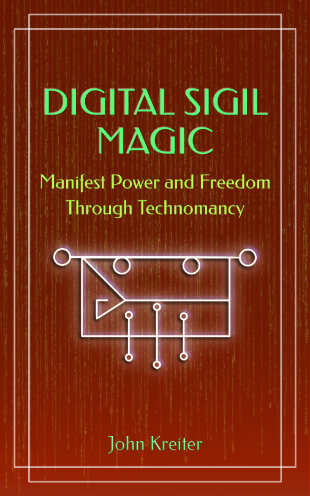
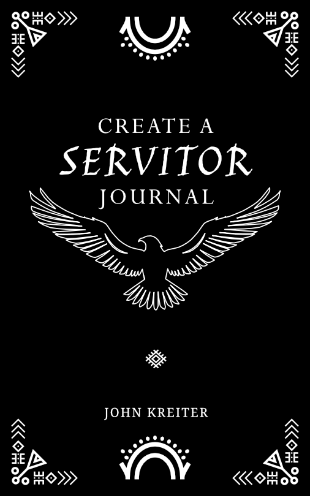
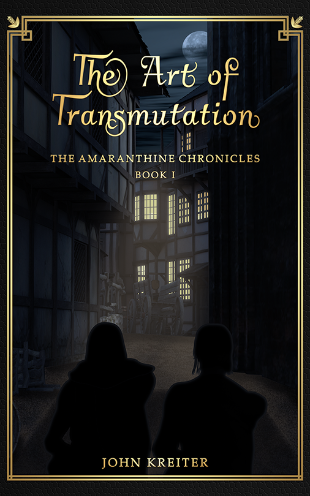
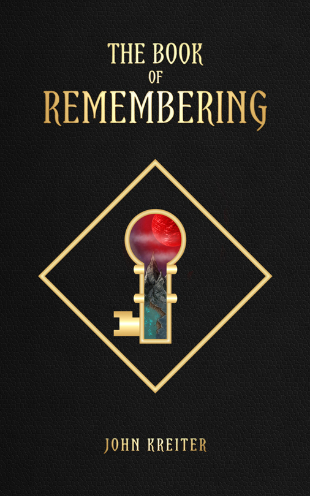
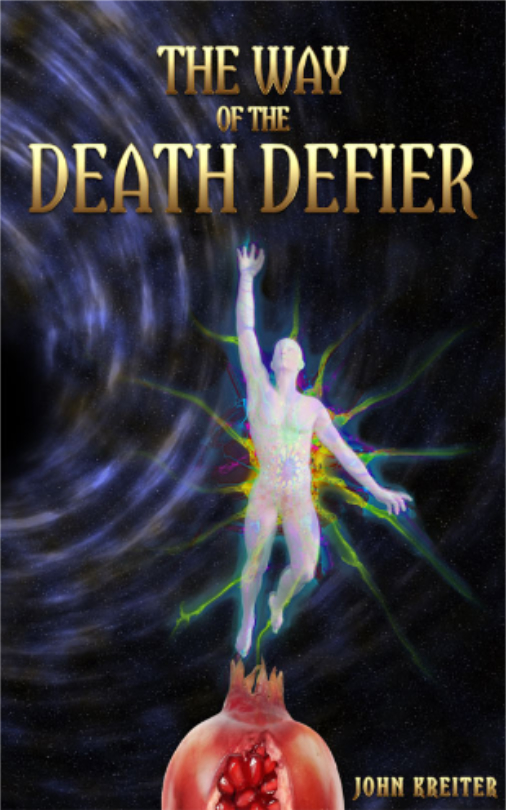
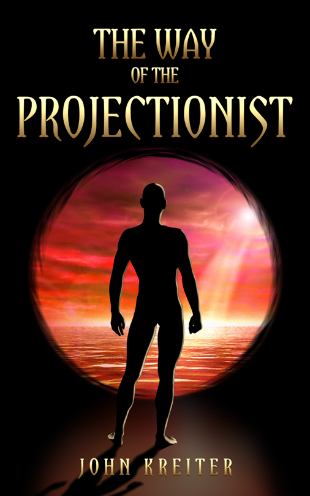
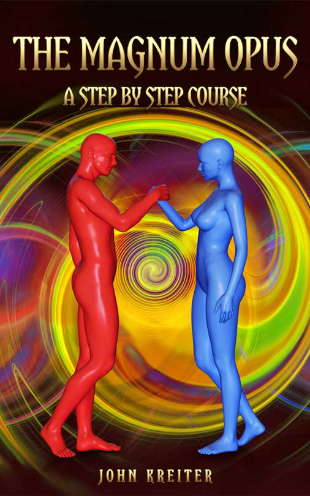
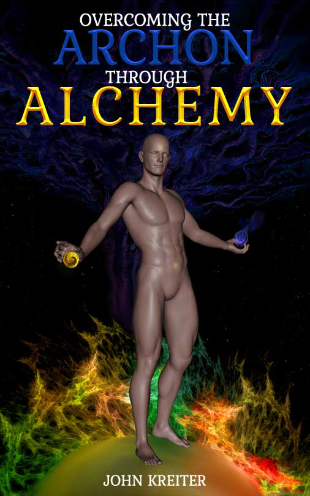
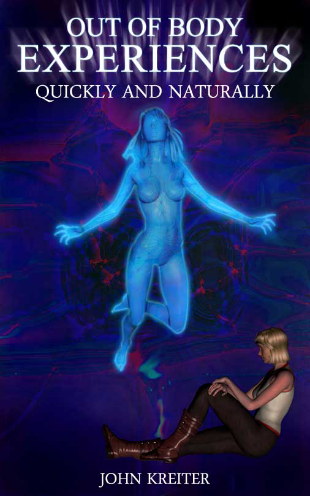
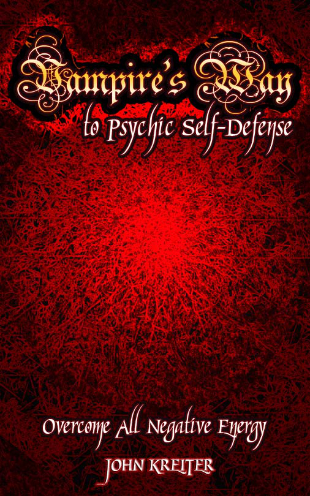
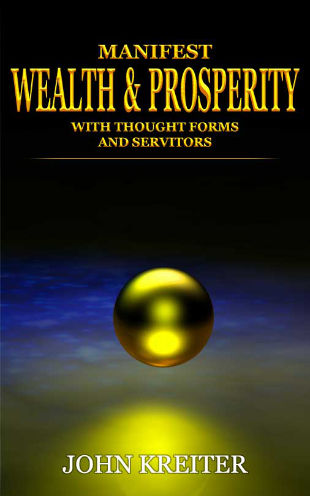

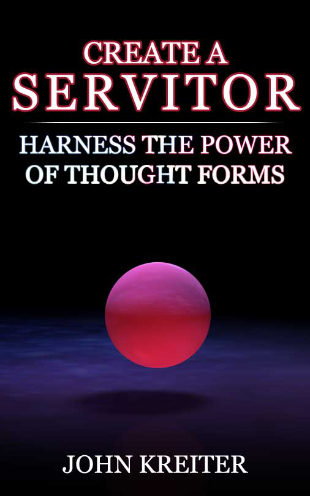
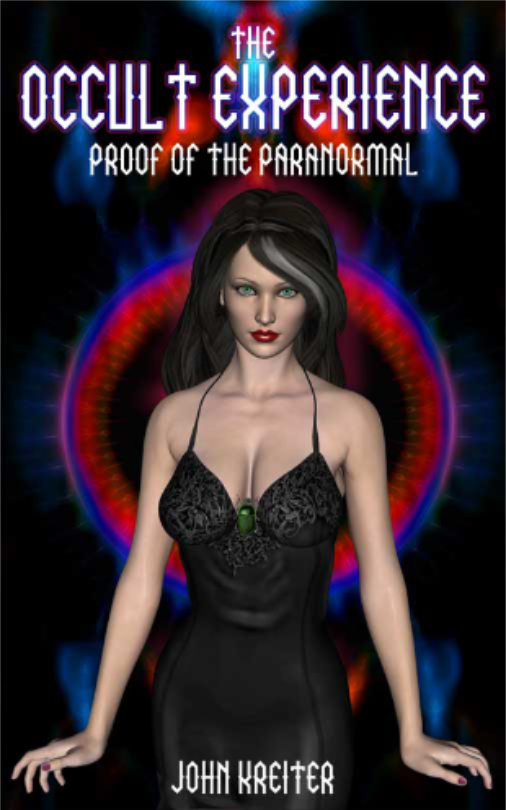
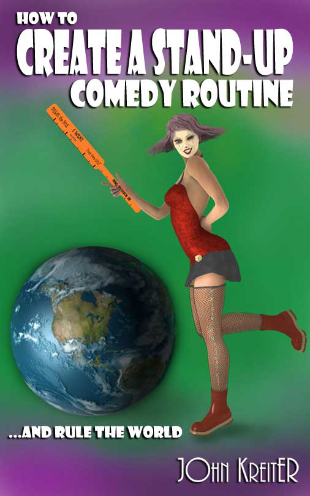
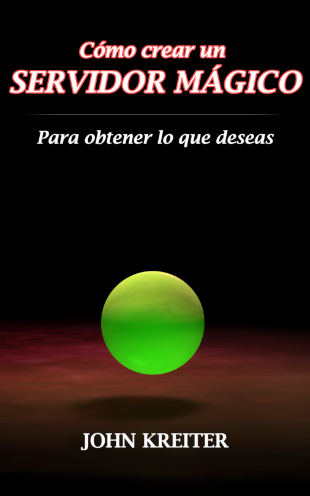
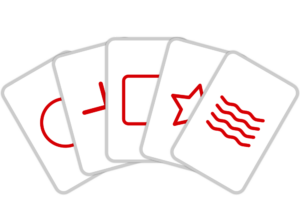

Leave a Reply